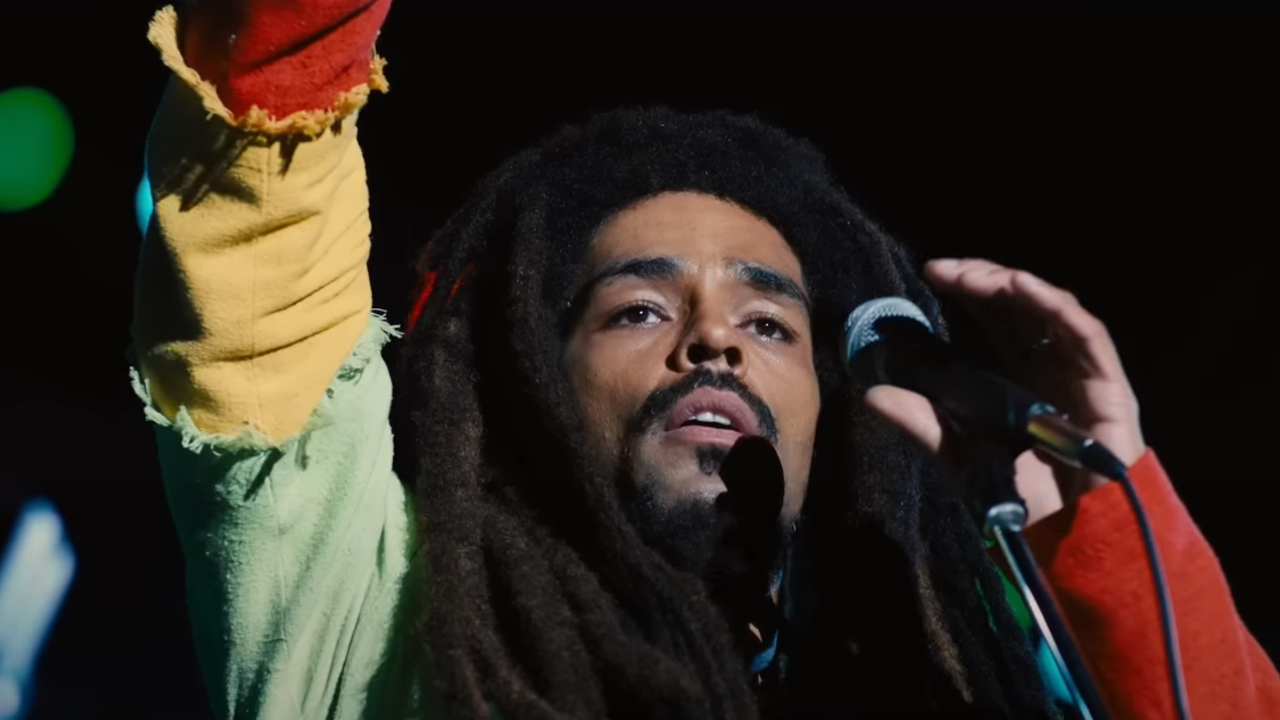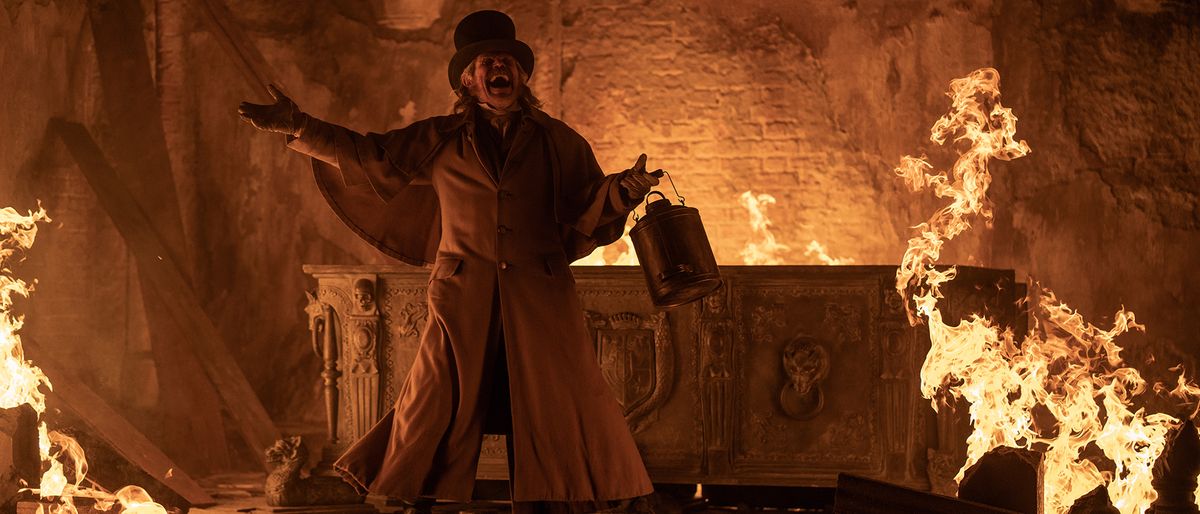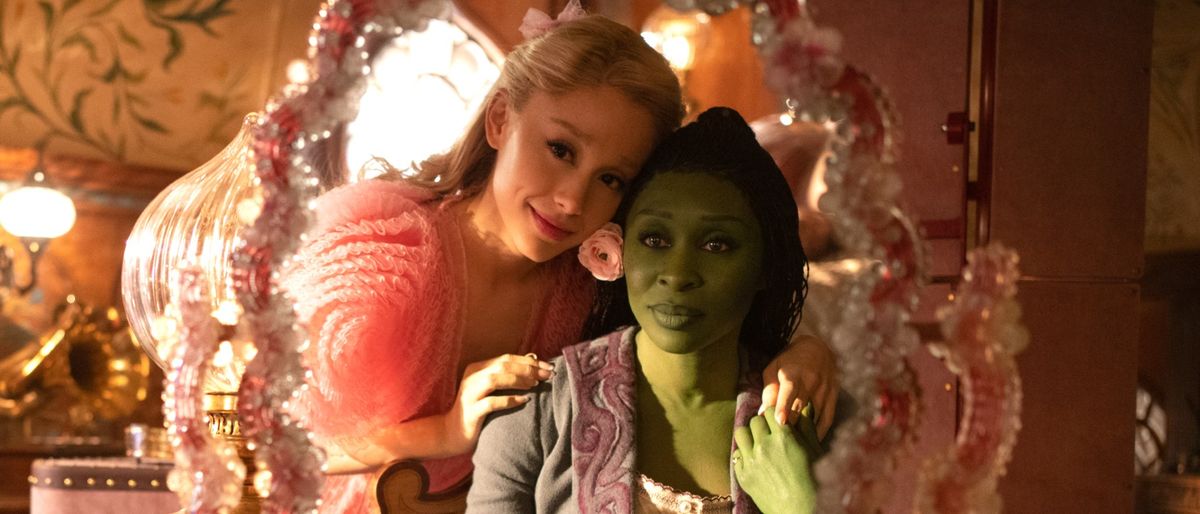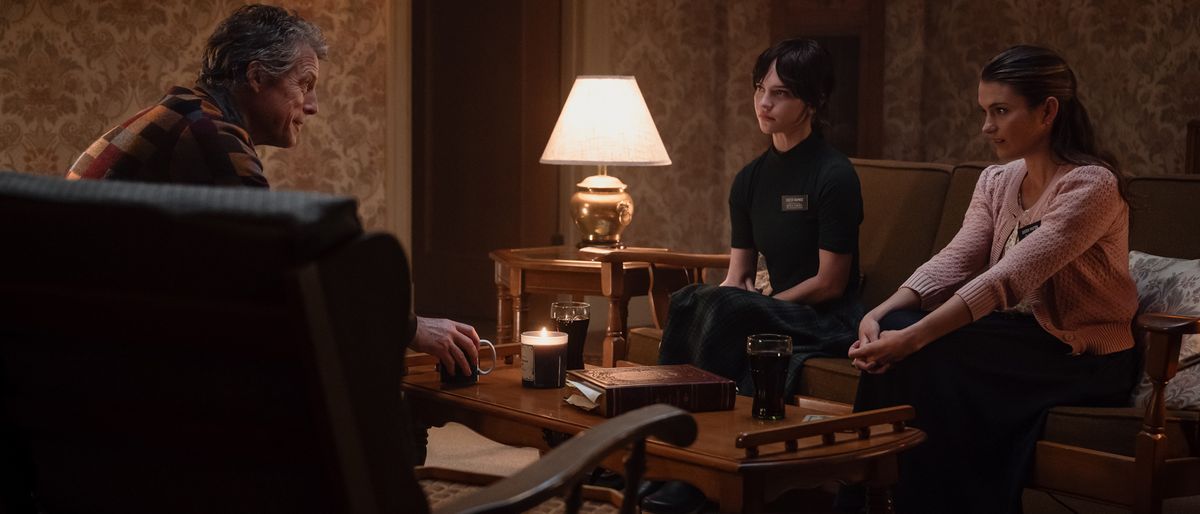
Bob Marley: One Love

Release Date: February 14, 2023
Directed By: Reinaldo Marcus Green
Written By: Terence Winter & Frank E. Flowers and Zach Baylin & Reinaldo Marcus Green
Starring: Kingsley Ben-Adir, Lashana Lynch, James Norton, Daniel Melville Jr., Sevana, Hector Lewis, Tosin Cole, and Aston Barrett Jr.
Rating: PG-13 for marijuana use and smoking throughout, some violence and brief strong language.
Runtime: 107 minutes
But while the filmmaker is still engaged in some traditional storytelling practices, this examination of Bob Marley’s life focuses, for better and worse, on his message over his life. It’s a decision that comes from the heart, but is also bound to have hardcore fans and newcomers to the Marley legacy into distinct camps of enjoyment.
Focusing on a select handful of years towards the end of the titular musician’s career, Bob Marley: One Love sees the reggae legend (Kingsley Ben-Adir) living in the shadow of troubling times. An attempt on his life helps shape the future of his sound, as Marley works with friends and family to spread the message of unity through both his life and his art.
Just as Richard Williams served as a catalyst for Venus and Serena’s development, Bob Marley’s purpose is to try and improve the world and the nation of Jamaica through his music. We get to see Bob as those who knew him best saw him, and we get the “warts and all” treatment to a certain extent. But that also ties into the problems that come up when looking at Bob Marley: One Love’s shortcomings.
Green’s film does move quite fast in covering a select period of time as well as flashbacks to Bob Marley’s childhood . Part of that can be ascribed to the unconventional approach of message over man, and the message certainly benefits. At the same time, it’s the portrait of the man that suffers in Bob Marley: One Love’s balancing act.
With an argument between Rita Marley (Lashana Lynch) and her husband making for a significant moment in the later parts of the film’s story, some personal knowledge is dropped almost too casually during this fight. What should be an important piece of Bob Marley’s personal life, particularly when pertaining to his imperfections, is instead revealed as more of a narrative twist.
Without getting into spoilers for the uninitiated, this is where die hard fans or anyone with a preexisting knowledge of Marley will be at an advantage. That moment will hit harder with those who are more previously invested in Bob Marley: One Love’s history, but it’ll be a little too astounding and distracting for newcomers.
There are still some very traditional biopic choices in One Love, but the film never totally roots itself in that sort of thinking.
As forward thinking as Bob Marley: One Love happens to be about the way biopics should work, there’s still a strong traditional influence that’s felt in certain moments. One example is the scene where Michael Gandolfini’s clueless record executive tries to get the band to change the art on the album cover for “Exodus.”
Treated like a classic “this’ll never work” scene, much like Mike Myers’ Bohemian Rhapsody punchline, it’s a quick setup and delivery that’s straight out of the playbook. Also, there’s also a healthy amount of title cards that bookend Bob Marley: One Love, with archival footage of real performances being added into the end.
If this was a lengthier project, I could understand relegating some of the information in those chyrons as text. With the film being a little shy of two hours, however, that information could have been narratively delivered to flesh out more details in the vibrant style that’s used to capture Bob’s philosophy.
All of that said, One Love never fully roots the movie in that sort of thinking. This is also seen in most of the film’s dialogue being delivered in Jamaican patois – something that adds more authenticity to a project that had many family members and friends who knew Bob Marley participating in its creation.
That choice also allows the central performances of both Kingsley Ben-Adir and Lashana Lynch to reign in understated glory. Returning to their aforementioned argument scene, it’s because of their performances that you never feel like you’re watching a scene that invokes the sharply satirical skewing of Walk Hard: The Dewey Cox Story. Bob Marley may take a moment to think about his life before going out on stage, but at least you can feel and understand why he’s doing so with what you’ve seen transpire.
Marley devotees will get more out of One Love than newcomers, but it’s still enough to inspire further research.
If you’re a big fan of Bob Marley or if you merely possess a rudimentary knowledge of his music, you’ll probably be pleased to see Bob Marley: One Love taking care in sharing his message to the world.
Should you be a newcomer to the Bob Marley legacy, you’ll definitely get a crash course on the philosophy of his music and life. At the same time, you’ll be left with more questions than normal from a music biopic, which might spur some independent research post-screening. That’s not necessarily a bad thing, but the balance between giving the audience enough set up and providing too clean of a narrative doesn’t land.
Caveats aside, it’s nice to see a biopic that steers away from the tried and true model of storytelling where it counts. Working with both traditional aspects and an attitude that puts capturing vibes over regurgitating facts, Bob Marley: One Love has a huge heart that never falters.


